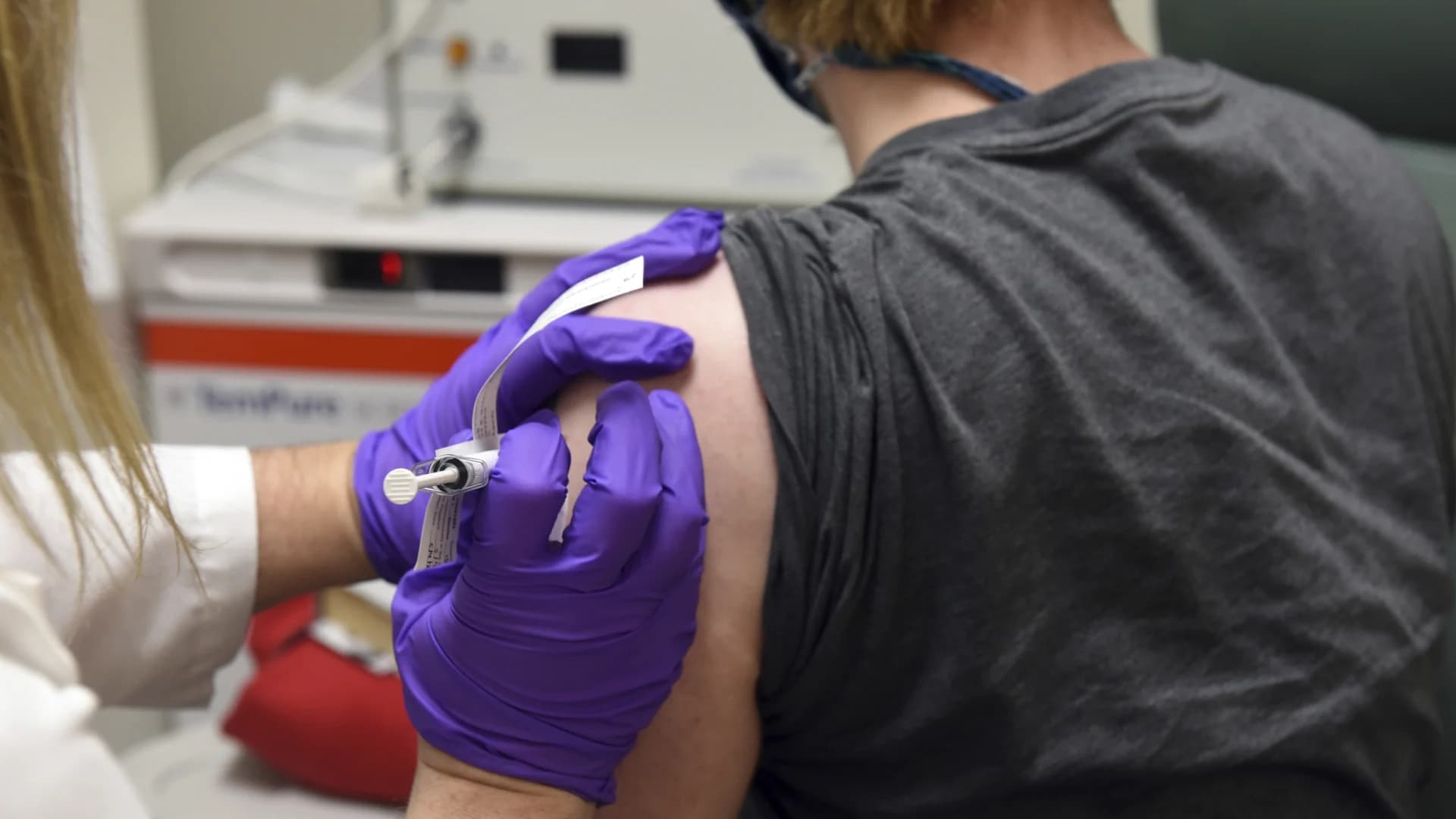More Stories

Pfizer’s COVID-19
vaccine is entering the final phase of review before the U.S. government
decides whether to allow millions to get the shots.
The
Food and Drug Administration posted a positive review of the Pfizer
vaccine on Tuesday and will hold a public hearing on Thursday. Next
week, it will do the same thing for Moderna’s coronavirus vaccine
candidate.
A look at the process:
FDA REVIEW
The
agency’s scientific review is a key step — not just for the U.S. — but
for countries around the world weighing whether to begin using a
vaccine. Teams of FDA scientists scrutinize tens of thousands of pages
of technical data provided by the companies, focusing on vaccine
effectiveness, safety, side effects and the manufacturing process needed
to ensure the quality and consistency of the doses.
Up
until now, Pfizer and its partner BioNTech had only released minimal
results about their vaccine’s safety and performance in company press
releases. The details have yet to be reviewed and published in a medical
journal.
Unlike most other regulatory agencies worldwide, the FDA reanalyzes raw
company data to verify results. FDA Commissioner Stephen Hahn says that
careful approach carries weight far beyond the U.S.
“The
FDA is known around the world for its rigorous standards for safety and
efficacy,” Hahn told The Associated Press. “I think you’ll see with the
data we’re going to provide at the meeting that we have done our job.”
VACCINE EXPERT MEETING
Next,
a group of about two dozen outside experts weighs in on the FDA’s
findings and gives their own assessment. The panelists have expertise in
vaccines, infectious diseases and medical statistics. The FDA is not
required to follow their advice, though it usually does.
The
daylong event also gives the agency a chance to pull back the curtain
on its review process and try to assure the public that the vaccine was
independently vetted. That confidence will be critical for the country’s
largest-ever vaccination effort. The meeting concludes with the panel’s
non-binding vote on whether the vaccine should be authorized for use in
the U.S.
“It’s
both the transparency and the actual data that I think will be very
important,” Hahn said. “What are experts outside the agency asking? I
think that will be very informative for the American people.”
FDA DECISION
How
soon does the FDA make a decision? There is no deadline for a ruling,
but FDA’s Marks said he hoped a decision on the Pfizer vaccine could
come by the following week.
Importantly,
if the FDA gives the thumbs-up, it would still only allow limited use
in certain high-risk groups because final-stage studies are not yet
complete. That comes under FDA’s “emergency use authorization,” which is
used to speed up the availability of medical products during a health
crisis. The decision amounts to a careful calculation between potential
benefits and risks.
More from News 12
1:44

Broadway’s youngest reporter, News 12's Joel Crump, dives into the world of off-Broadway theater
1:39

Thawing pipes cause costly damage for homeowners after deep freeze
2:50

Pattern of daytime snow melt and overnight black ice forming continues on Long Island
1:45

Gov. Hochul announces plan to lower skyrocketing car insurance premiums
0:25

Off-duty NYPD officer dies following crash in Greenlawn on Sunday
2:33
